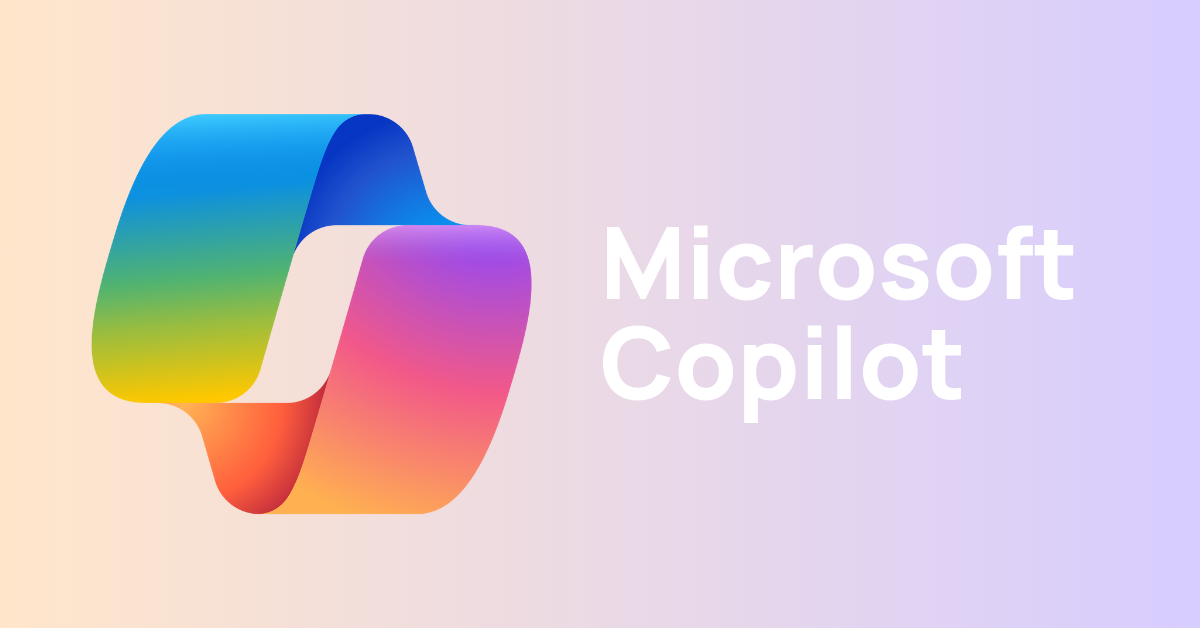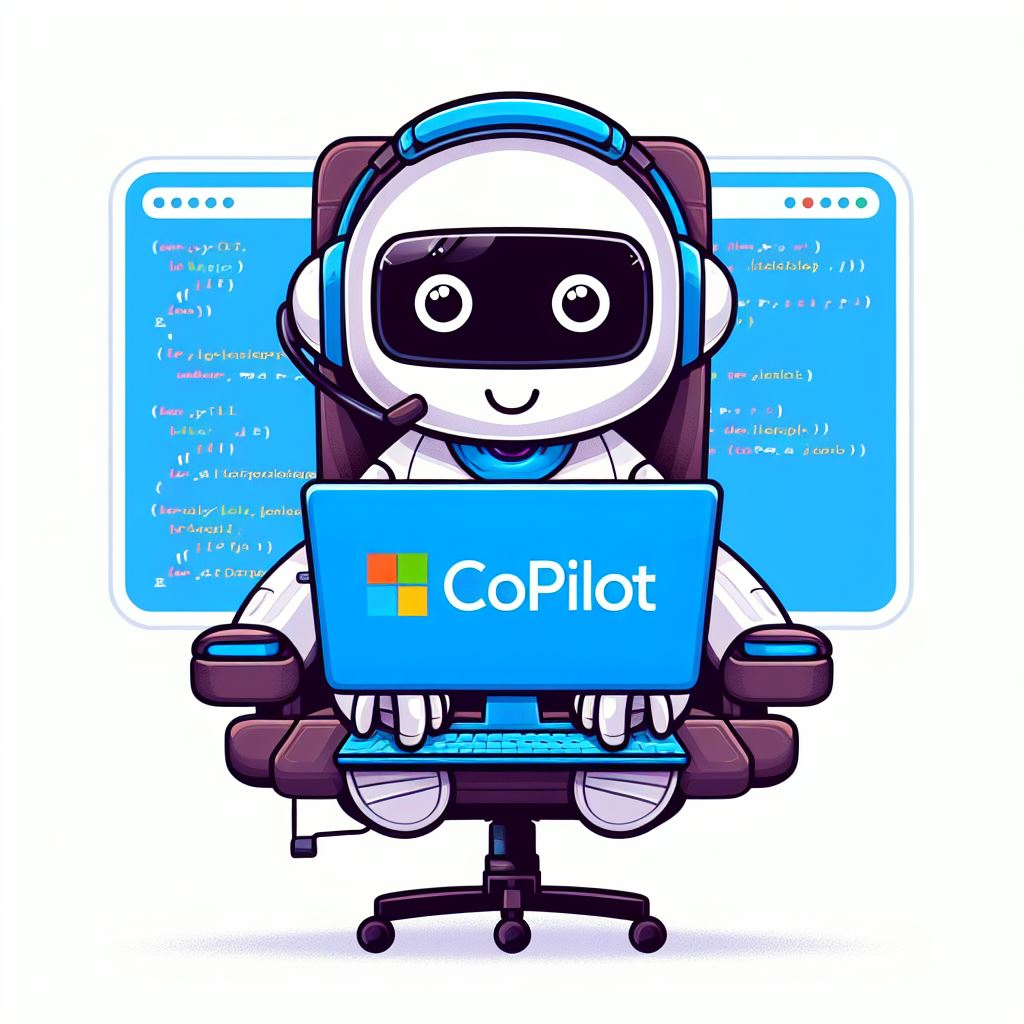2 min read
Introducing Microsoft Copilot for Sales and Service: Streamlining Business Capabilities
Recently, the tech giant unveiled two new additions to its Copilot suite, aimed squarely at enhancing business operations: Microsoft Copilot for...
Build intelligent, data-driven capabilities that turn raw information into insights, automation, and smarter decision-making across your organization.
Modernize, secure, and operationalize your cloud environment with solutions that strengthen resilience, reduce risk, and improve IT performance.
Deliver modern applications and connected IoT solutions that enhance operations, streamline workflows, and create seamless digital experiences.
High-impact IT project execution from planning to delivery, aligned with business goals and designed for predictable outcomes.
Structured change management and M&A support that helps teams adapt, reduce disruption, and successfully navigate complex transitions.
Cloud-first IT operations that streamline cost, strengthen security, and provide modern, scalable infrastructure for growing teams.

Microsoft has announced the Copilot + PC program, which aims to integrate AI more deeply into Microsoft Surface devices and other PCs from various vendors. This new initiative includes several significant advancements that promise to enhance the capabilities and performance of personal computing devices.
Key Features of Copilot + PC Program
For more details on these new Copilot + PC solutions, visit Microsoft’s official blog.
Why This Matters
The introduction of Copilot + PC devices will change personal computing. Here are some key reasons why this development is significant:
If you are interested in speaking with someone about this latest addition to Copilot, please reach out!

2 min read
Recently, the tech giant unveiled two new additions to its Copilot suite, aimed squarely at enhancing business operations: Microsoft Copilot for...
1 min read
Microsoft’s annual Build conference returned this year with a wave of announcements focused on the future of app development, AI integration, and the...

1 min read
Another day, another Copilot release. Copilot for Microsoft 365 is spreading its wings, making itself available for everyone, not just the big...